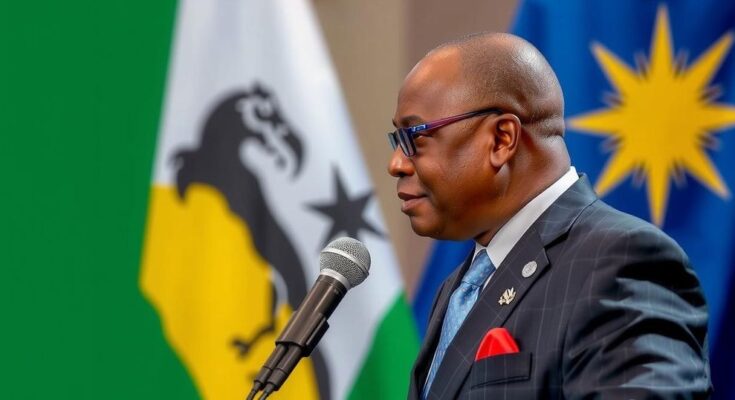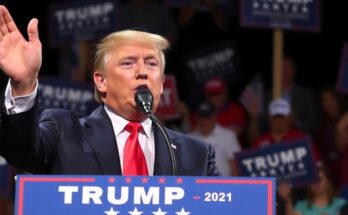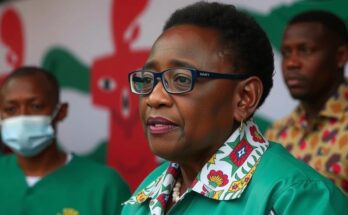Newly inaugurated Zimbabwean President Duma Boko plans to legalize undocumented Zimbabweans in Botswana by issuing temporary work and residence permits. This initiative aims to address labor shortages, enable skills transfer, and provide legal recognition to the Zimbabwean community, which constitutes a significant percentage of irregular migrants in Botswana.
Duma Boko, the newly inaugurated President of Zimbabwe, intends to formalize the status of undocumented Zimbabweans residing in Botswana by providing them with temporary work and residence permits. Speaking to the BBC, President Boko emphasized the essential roles that these individuals fulfill in the economy, stating, “They do jobs that would otherwise not get done.” This initiative aims to address labor shortages while also ensuring that migrants are recognized legally, thereby mitigating illegal activities that arise from their undocumented status. Botswana has become home to a significant number of Zimbabweans fleeing economic crises, particularly following hyperinflation two decades ago. Amidst a history of deportations under previous administrations, President Boko’s policy marks a transformative approach aimed at rejuvenating Zimbabwe’s economy. He acknowledged the challenge presented by thousands of Zimbabweans entering Botswana without documentation through an extensive and porous border, leading them to live outside the law, which creates resentment. An estimated 98% of the irregular migrants in Botswana are Zimbabwean nationals, according to available figures. A government minister noted that from 2021 to 2023, 13,189 out of 13,489 recorded irregular migrants were from Zimbabwe. President Boko highlighted the contributions of Zimbabwean workers, whose skills in sectors like construction fill gaps that local citizens are unwilling to undertake. Furthermore, he indicated that his initiative would allow for a skills transfer, enabling citizens to learn vital trades from Zimbabweans. Despite a previous backlash against proposed changes in travel identification for crossing between Botswana and Zimbabwe, which were perceived as a tactic that might increase Zimbabwean immigration, President Boko argued for a need for formalized arrangements. He stated, “We can’t stop people with skills from coming in when we don’t have the skills ourselves.” This collaborative approach seeks to ensure that Zimbabweans are properly integrated into the workforce, benefitting both nations economically.
The article discusses the recent declaration made by Duma Boko, the newly elected President of Zimbabwe, regarding the situation of undocumented Zimbabweans in Botswana. Following a tumultuous economic period in Zimbabwe, a significant number of Zimbabweans have migrated to Botswana, where they have historically faced uncertainty in legal residency status. The move by President Boko represents a shift towards inclusion and recognition, serving to both stabilize the workforce in Botswana and aid in the economic revival of Zimbabwe.
In conclusion, President Duma Boko’s initiative to legalize undocumented Zimbabweans in Botswana exemplifies a progressive step towards leveraging the skills of migrant workers while addressing economic concerns. By formalizing their status, the government aims to reduce illegal activities stemming from undocumented residency, promote skills transfer, and enhance coexistence between Zimbabwean nationals and Botswana citizens. This approach acknowledges the critical contributions of migrant workers and strives for economic revitalization through collaboration.
Original Source: www.theheritagetimes.com




